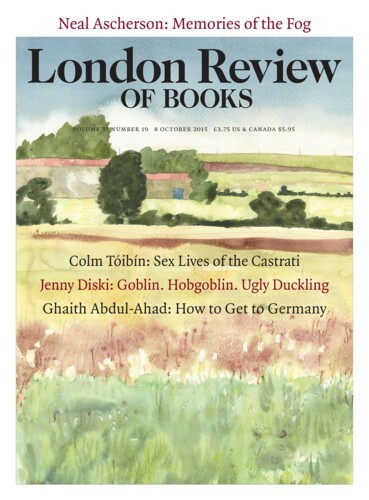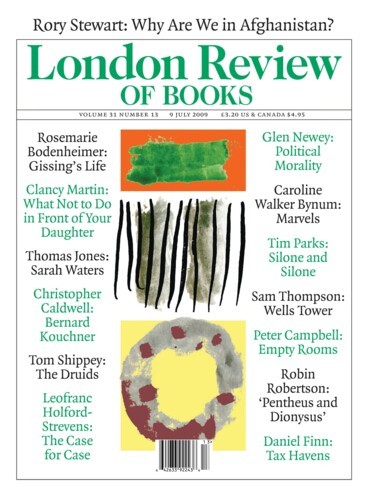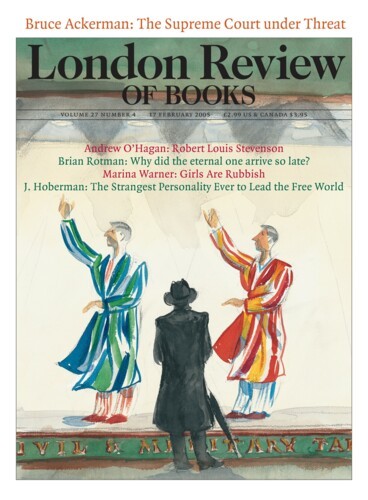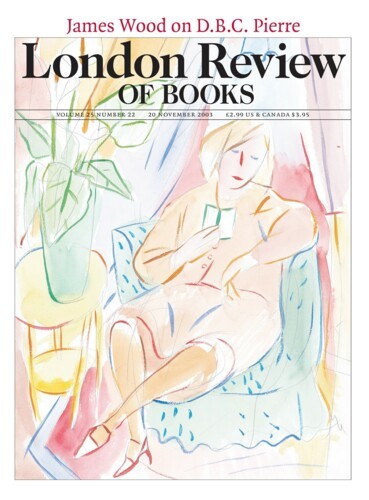Eating or Being Eaten: Animal Grammar
Leofranc Holford-Strevens, 8 October 2015
How did human beings develop the capacity to speak, and to speak such complex languages? That is the question that James Hurford, emeritus professor of general linguistics at Edinburgh, has sought to answer. The Origins of Meaning, published in 2007, looked at animals’ cognitive representations of the world, their part in the evolution of abstract thought, and the limits of their...




